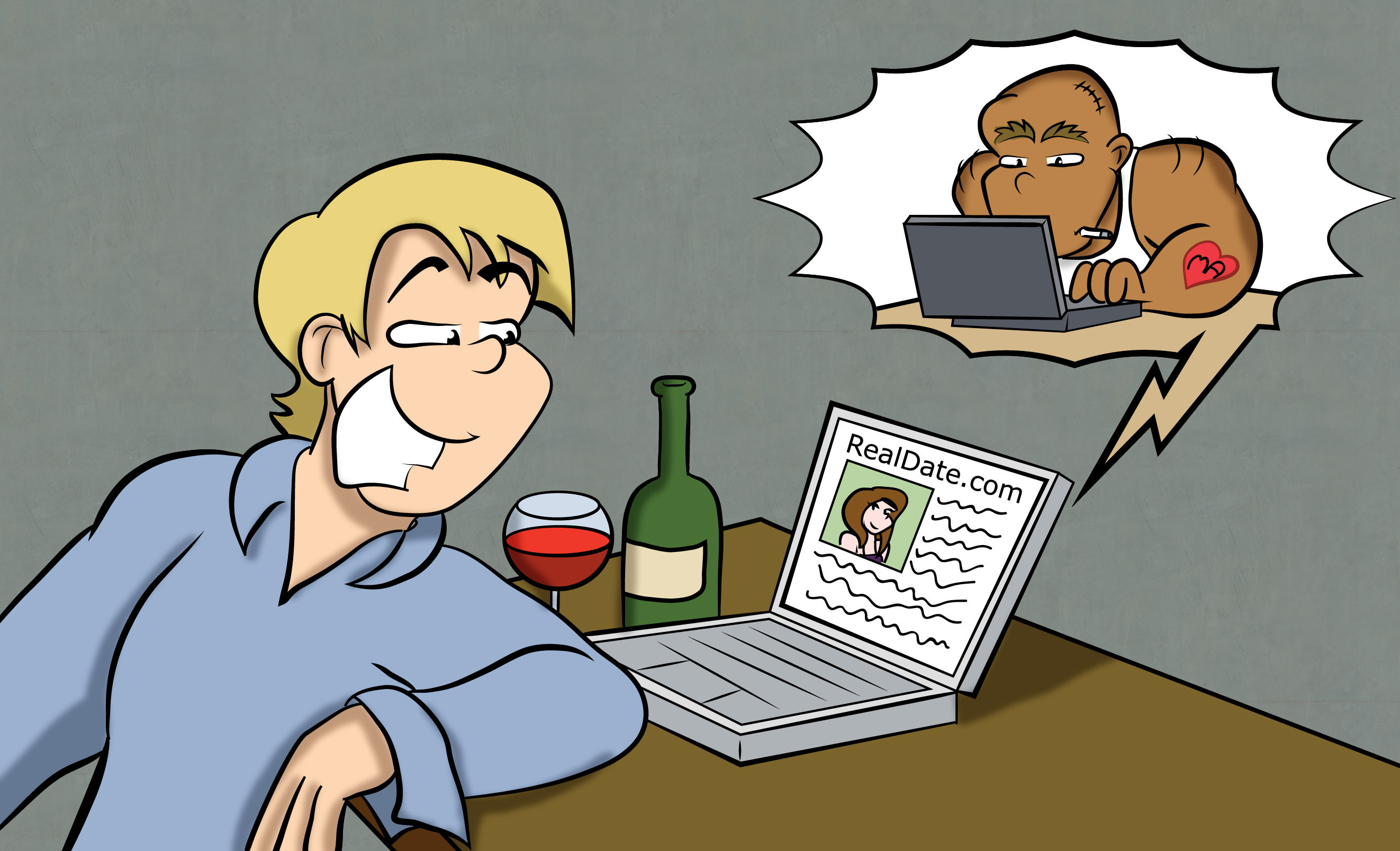
Crisis still ongoing
By Katie Czenczek, News Editor
Backed by the BC government, St. John Ambulance is offering life-saving training throughout the province.
Having started out with on-the-street volunteer efforts, the organization found that as much as they could help some people, they could not keep up with overdose deaths. Since December of 2016, St. John Ambulance has sent out volunteers to help prevent overdose deaths in Surrey and the Downtown Eastside.
According to the Government of Canada’s website, as of September 12 of this year there were 1,036 deaths allegedly by opioid overdose from January to March; 94 percent of these deaths were accidental. Of these deaths—though the statistics also highlighted that some of these deaths were due to other illicit drugs—390 people died in BC alone. For all of Canada, 77 percent of people who died from overdose deaths in this period were males.
Drew Binette, who is in charge of Government Relations and Strategic Planning for St. John Ambulance, said in an interview with the Other Press that the volunteer efforts were helping with overdoses on streets, but they started to move indoors.
“We had a trained group of volunteers who went out on the street and saved lives,” he said. “Over the year and a half we had saved 139 lives with our volunteers, but what we recognized in the first few months is that overdose deaths were moving inside.”
Surrey, Vancouver, and Victoria were the cities hit the hardest by the opioid crisis in British Columbia. In order to further help, St. John Ambulance started introducing courses that would train everyday people in first aid specifically for dealing with opioid overdose, said Binette.
“The idea was to provide enough information for people to leave the course feeling confident,” he said.
St. John Ambulance offers seven-hour courses that cover how to administer naloxone, a breakdown of what an opioid is, emergency scenario training, how to do artificial respirations with or without naloxone, ongoing care, complications, and Adult CPR and AED training.
For those with busy schedules, you can take the three-and-a-half-hour course that covers everything the seven-hour course does, excluding CPR and AED training. From either of these courses, the attendees will be certified with Opioid Overdose Response Training and will be given naloxone kits.
Binette stressed that the reason opioids like fentanyl are so easy to overdose on is because it takes very little for severe damage.
“It only takes two grains of salt worth of fentanyl to overdose,” he said. “The way I like to explain it is that it’s like baking chocolate chip cookies. So, when you bake chocolate chip cookies, you hope that every cookie has chocolate chips in it. It’s the same thing when you add fentanyl to a drug, and you don’t actually know how many specks of fentanyl will be in every batch. One batch of meth, coke, or whatever it may be might have no fentanyl in it, while the other batch may be filled with it.”
Binette also highlighted how most of these deaths occurred when people were overdosing alone. That’s why St. John Ambulance also wants to encourage activism efforts towards reducing stigma around drug use.
“Last year we saw a normal progression in deaths,” he said. “The key to getting it out there is getting [naloxone kits] out there, making them free, breaking down the barriers so anyone can get it. It used to be that naloxone was prescribed, but now anyone can get those kits for free.”
You can register for these courses online at https://www.startsavinglives.ca, by email at savinglives@bc.sja.ca, or by phone at 604-321-2651.



